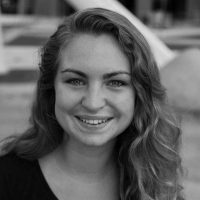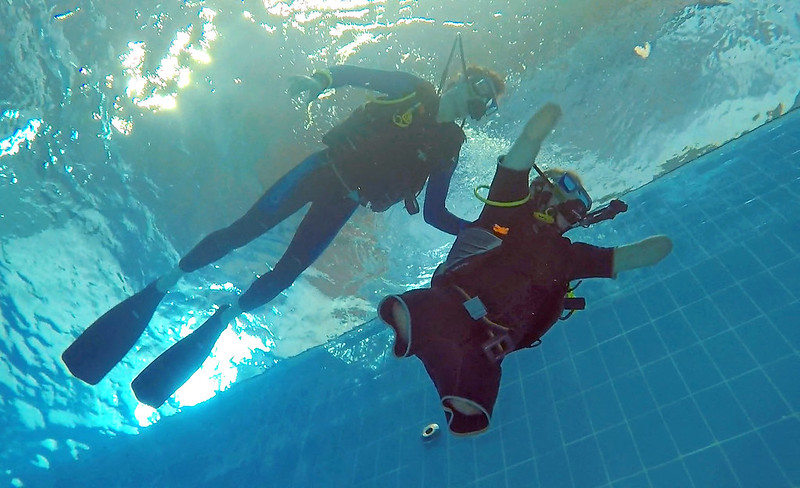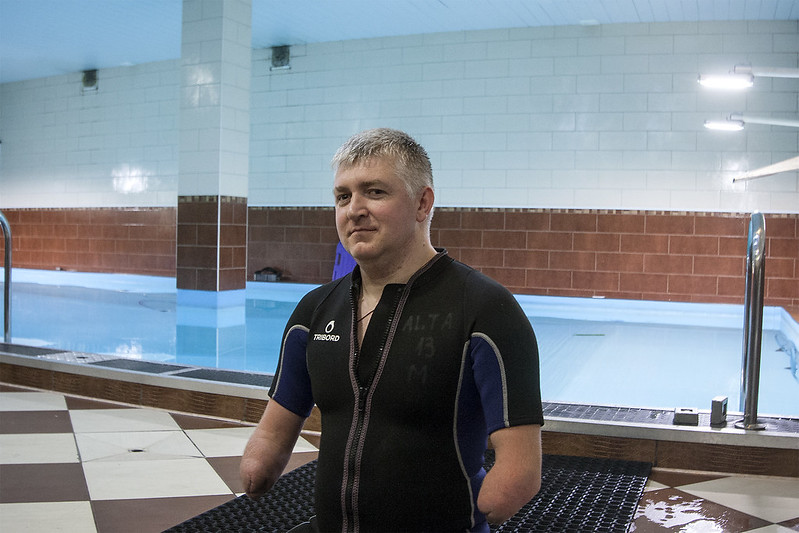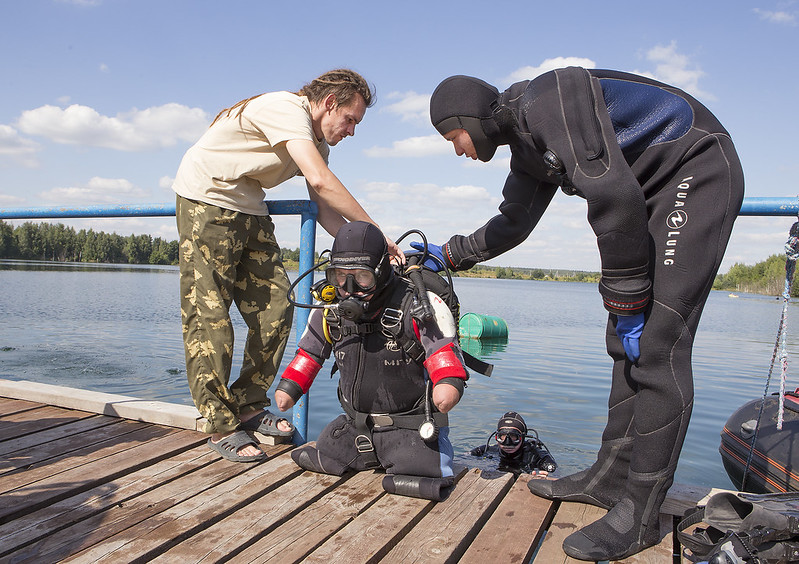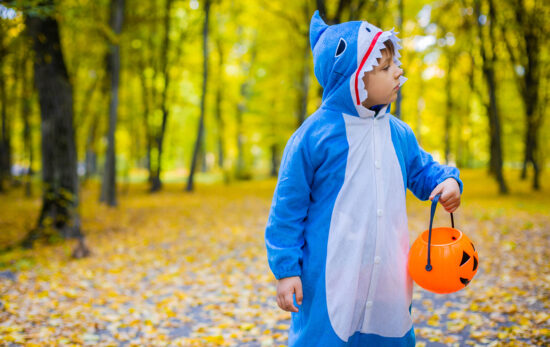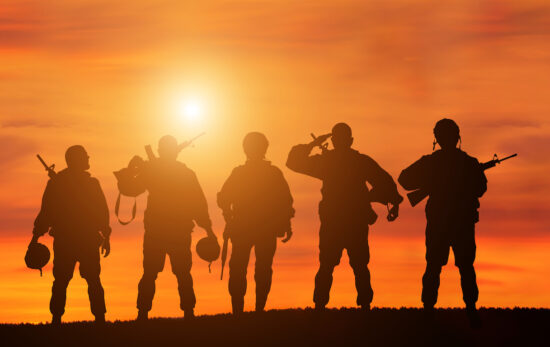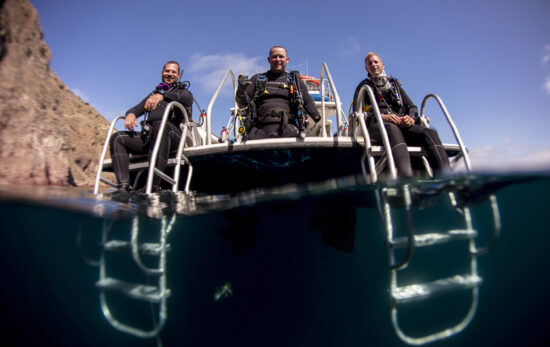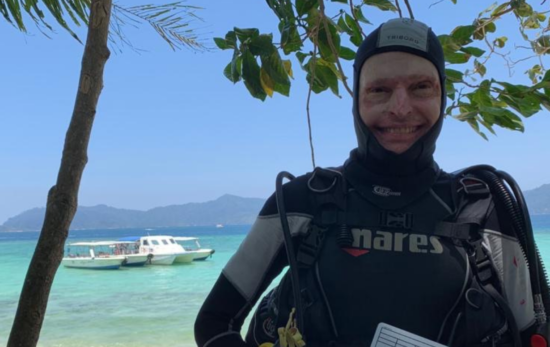We sat down with Dmitry Knyazev, a passionate PADI Instructor, Disabled Divers International Instructor and PADI AmbassaDiver. We spoke about his motivations and passion for adaptive dive training, upcoming adaptive diver Open Water Challenge Project and some of his proudest achievements.
What inspired you to get into Adaptive Diver Training and start the Adaptive Diver Open Water Challenge Project?
I started diving in 2000. I became a Divemaster in 2006 and a PADI Instructor in 2013. As you can see, I was in no hurry. When I was taking my instructor course, I didn’t expect this to be my business. I saw this course as a confirmation of my qualifications in front of myself.
In 2015, my contract with the Moscow City Hall ended, and my wife and I decided to spend several years in Egypt (Hurghada) spending more time with our children as they grew up.
I decided to only work with students with disabilities for three main reasons;
- Hurghada is a mecca for divers with at least 200 quality PADI Professionals. I knew those dive leaders would be sufficient in their industry, and I wanted a new challenge.
- Training for divers with disabilities was a professional challenge for me. That was something I felt compelled to pursue.
- I wanted to bring tangible benefits to people, so I went into an area in the diving industry where there are fewer specialists, and where my professional contribution would matter most.
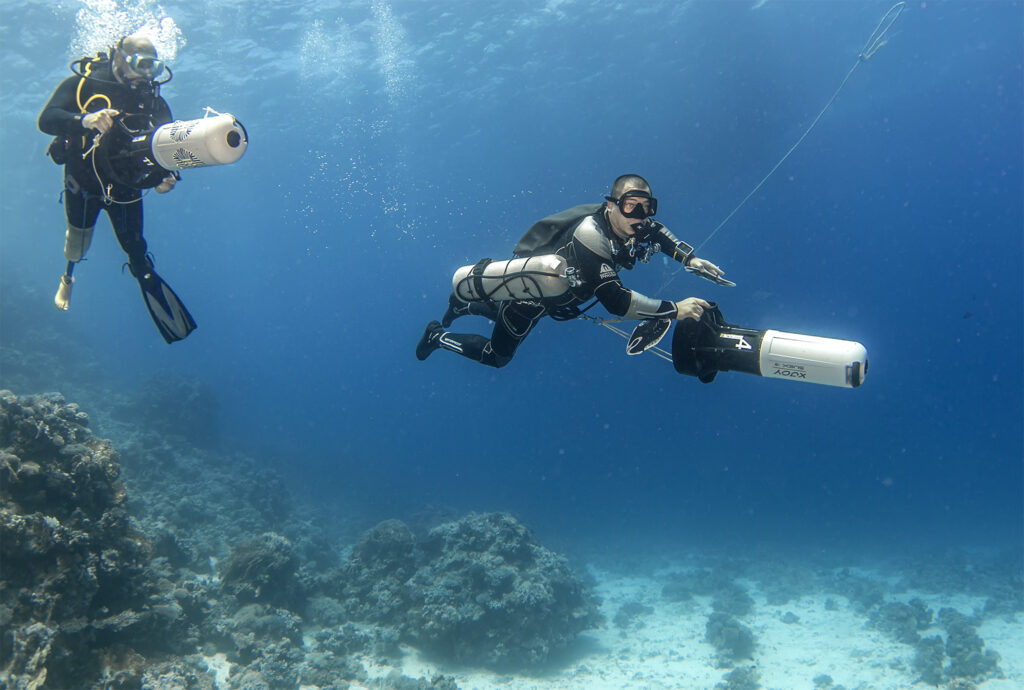
What do you enjoy most about incorporating your adaptive diving work with PADI’s diving programs?
I only work with adaptive divers, and only as a volunteer. Moreover, if a diver with a disability has taken a PADI Open Water Diving course with me, then I do not teach a PADI Advanced Open Water course for him. Rather, I send him to collaborate with another PADI instructor whom I trust! (Thankfully there are many). Through my leadership and passion, I want to show that a student who has mastered the PADI OW course does not need an exclusive instructor specialized in disabled divers. He or she can continue their studies with any instructor who has experience working with students with disabilities.
Of course, I continue training for those divers who cannot meet all the requirements of the PADI OW course and who need additional support underwater, to ensure maximum safety and responsibility. Through (DDI) Disabled Divers International, I train Assistant Divers in the DDI programs to better assist divers who need more attention.
Before the arrival of my first paraplegic student from Russia, I also bought a wheelchair and went to check the hotels and diving centers in Hurghada for accessibility for guests with disabilities: Assessing The Accessibility Video.
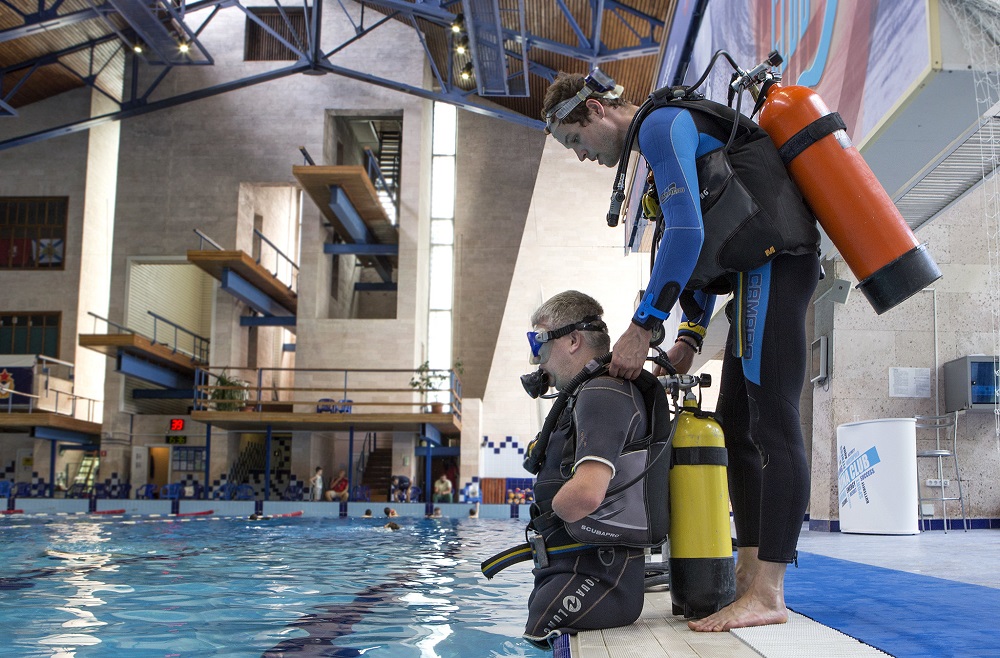
What challenges have you faced when leading adaptive diver programs?
During my experiences working with adaptive diving programs since 2015, many solutions have been found for some of the challenges we face. During this time I witnessed a great lack of proper information shared, and spent much of my time looking for the proper solutions. To make it easier for instructors who are inspired by the ideas of diving for people with disabilities, I share detailed blogs about our projects. Right now these blogs are in Russian and hope to share my story with the world through new outlets. I shoot videos and publish them on my YouTube channel, as well as take photos and contribute to one of the largest adaptive diving databases to inspire others.
Nonetheless, I still see two issues that need solutions;
- There is a lack of readily available medical expertise to determine the safe capacity of a person with a disability to engage in diving. If a person with a disability wants to go diving, what doctor can conduct an examination for him and give an objective opinion?
- A sufficient number of readily available diving centers, boats, and resorts are accommodated to receive divers with disabilities. But once a diver with a disability undergoes a training course and receives a certificate, it is not always clear where they can go to dive for fun? There is a need for more awareness of where adaptive divers can actually dive.
What are your goals for the future?
I see more instructors working with adaptive divers. Today, I am thinking about what our students will do after they complete the course. Where will they dive and who will be their buddies underwater. More divers need to be trained to be Assistant Divers who can be buddies for those adaptive divers who need some support underwater.
More diving sites (diving centers, diving boats, diving resorts) need to be adapted to accommodate divers with disabilities. I am hoping to create better resources to showcase more adaptive diving friendly diving locations.
Tell us about your upcoming trips?
The next trip of the Open Water Challenge team will take place in November 2021. We will go to Roots Red Sea, Egypt. Roots Red Sea was created by divers for divers. In recent years, Roots have been very friendly for divers with disabilities. My dream is to bring Russian divers with disabilities to Roots Red Sea and soon this will come true. We have an intense training program of PADI Open Water, PADI Advanced Open Water, and PADI Rescue Diver courses, as our team includes divers with different levels of experience.
But my plans are not only about trips. There are a lot of things to do at home, in native waters. Currently, we are working on adaptive drysuit techniques for paraplegic divers. We live in a country where most of the bodies of water are cold. For paraplegic divers to be able to dive more often where they live, and not only on rare trips to warm seas, they need to be confident in using a dry suit.
Can you share any specific stories about your experiences?
One of my dreams is to organize a dive course for a quadruple amputee student. I looked for a candidate for 6 months. I had sent out many invitations and searched on the internet. Finally, I was lucky: Dmitry Pavlenko agreed to do an intro dive. He came to the pool with his wife Olga. I had asked the instructor woman in advance to be ready to make the PADI DSD program for Olga. I suggested to Olga that while my colleagues and I were doing the dive with Dmitry, she could do the DSD program with another instructor.
Olga agreed. At the debriefing, when we discussed our impressions and future plans, Olga said: ‘This is what we (with Dmitry) can do together.’ Today Dmitry is a DDI Advanced Open Water Diver who has set the world record for depth of independent scuba dive for quadruple amputee divers.
See more pictures of Dmitry’s incredible adventures here.
Any parting words?
If you want to gain experience working with adaptive divers, and are not sure if you are ready to become a buddy for a certified diver with a disability, take the PADI Adaptive Techniques course. This will give you confidence to make a real difference in someone’s life, and the underwater world.
Photos by Dmitry Knyazev
